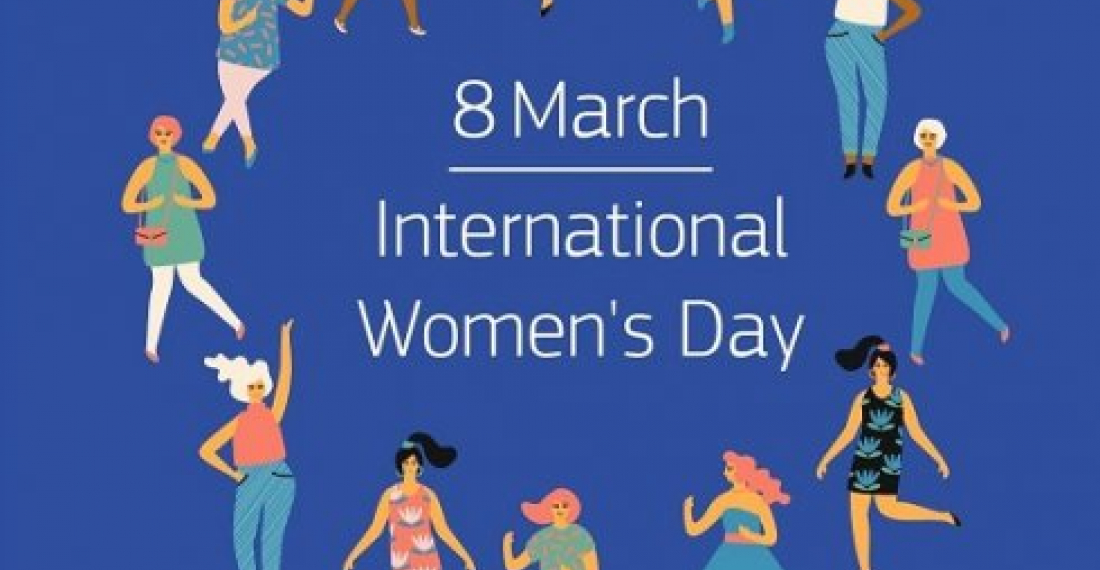Today is International Women's Day. The holiday is marked by the United Nations, and by many countries across the world. It provides an opportunity to focus on the achievements of women in many societies, as well as the many challenges that are still faced by women in many societies.
Women and girls are especially vulnerable in conflict situations. Incidence of rape in conflict areas are still rampant. In many econiomically advanced societies women still face discrimnination in their place of work. Domestic violence against women also remains high across many societies, regardless of religion or economic advancement. International Women's Day offers an opportunity to reflect on many of these problems and to commit for their solutions.
International Women's Day is however also an opportunity for men to honour the female members of their families, as well as their colleagues on the place of work, or to reach out to potential lovers.
In the former Soviet Union International Women's Day was always a big holiday, and the tradition has lingered on in Russia, the Caucasus and Central Asia were traditionally men are seen buying or carrying flowers for their loved ones.
The editorial team of commonspace.eu extend their best wishes to our female readers and subscribers in the Caucasus region, Europe, Eurasia and the Middle East and to all women and girls world wide. Happy International Women's Day!
source: commonspace.eu
photo: A special 2020 International Women's Day poster issued by the European Commission.







